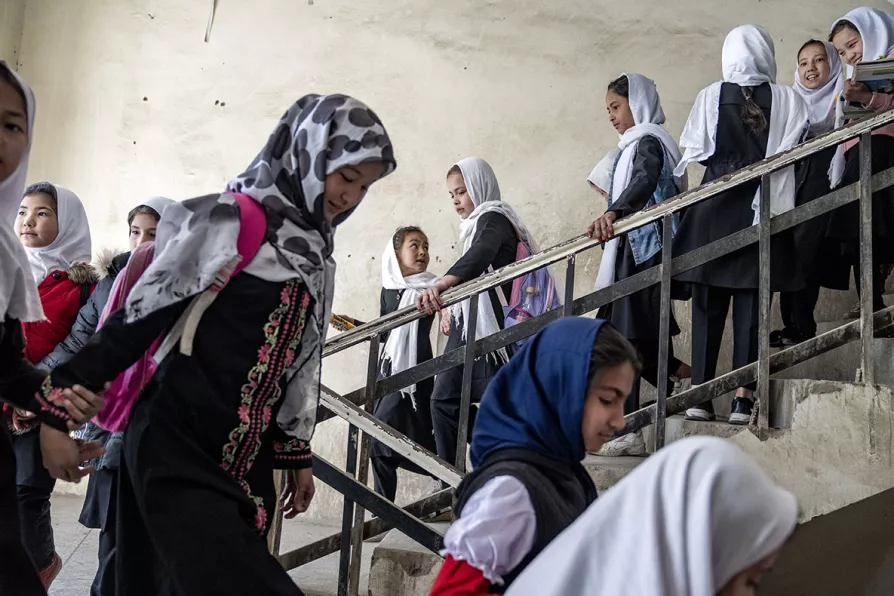Afghan asylum seekers call on Trump to exempt them from his refugee ban

 Girls attend school on the first day of the new school year, in Kabul, Afghanistan, on March 25, 2023
Girls attend school on the first day of the new school year, in Kabul, Afghanistan, on March 25, 2023
AFGHANS who fled after the Taliban retook power appealed to US President Donald Trump today to exempt them from an order suspending the relocation of refugees to the country, some saying they risked their lives to support US troops.
An estimated 15,000 Afghans are waiting in Pakistan to be approved for resettlement in the US via a government programme.
It was set up to help Afghans at risk under the Taliban because of their work with the US government, media, aid agencies and rights groups after the US’s disastrous retreat from Afghanistan in 2021, when the Taliban returned to power.
Similar stories













